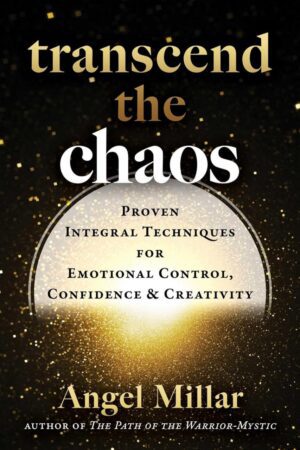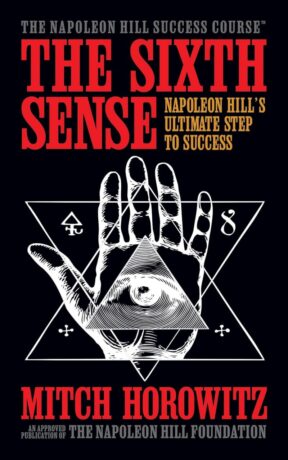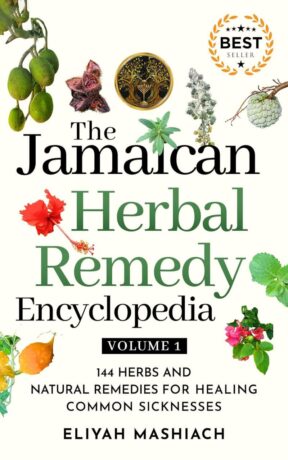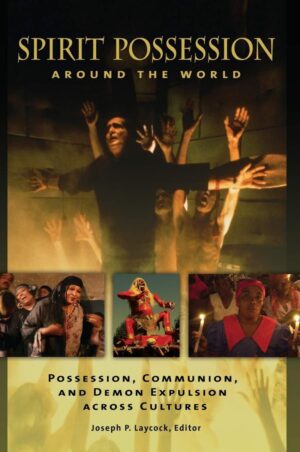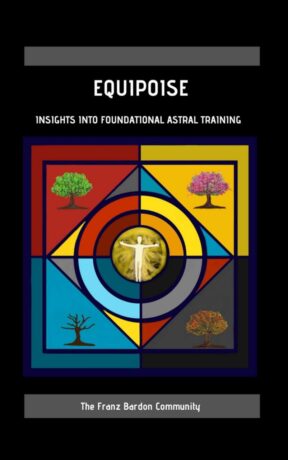Skip to content
"A holistic approach to personal and professional growth
• Demonstrates daily practices for stress management, more effective persuasion, and creative problem solving
• Explores the use of trance and dreams among famous artists, philosophers, and inventors for making important breakthroughs in highly-competitive fields
• Explores the Six Cs—Connection, Creativity, Craft, Culture, Character, and Consciousness—to model integrating a spiritual consciousness into one’s life
For thoughtful, spiritual people to thrive in a fast-changing, unpredictable, and high-pressure world, they must continue to develop themselves spiritually while cultivating the qualities and tools necessary for personal and professional growth.
In Transcend the Chaos, Angel Millar provides a unique working model for navigating our world today using Six Cs—Connection,...>>
"This book is the ultimate guide for anyone looking to heal themselves naturally using herbal remedies.
This volume, the first in a three-part series, offers:
Detailed profiles of 39 medicinal herbs, including their scientific names, traditional uses, medicinal benefits, and healing properties.
Easy-to-follow remedies for common illnesses like colds, high blood pressure, herpes, digestive issues, cold sores, and more.
Stunning photographs of each herb for easy identification.
Practical tips on preparing and using herbs safely and effectively.
From the nutrient-packed Moringa to the versatile Turmeric, this encyclopedia provides the knowledge to create natural solutions for everyday ailments. Authored by Eliyah Mashiach, a certified herbalist...>>
"This book provides a fascinating historical and cultural overview of traditional beliefs about spirit possession and exorcism around the world, from Europe to Asia and the Middle East to the Americas.
Possession and exorcism are elements that occur in nearly every culture. Why is belief in spiritual possession so universal? This accessible reference volume offers a broad sample of the traditions and cultures involving possession and exorcism, presenting thoughts on this widely popular topic by experts from the fields of anthropology, sociology, religious studies, history, neuroscience, forensics, and theology. The entries cover the subject of possession and exorcism across all inhabited continents, from the Bronze Age to the 21st century, providing information that is accessible...>>
